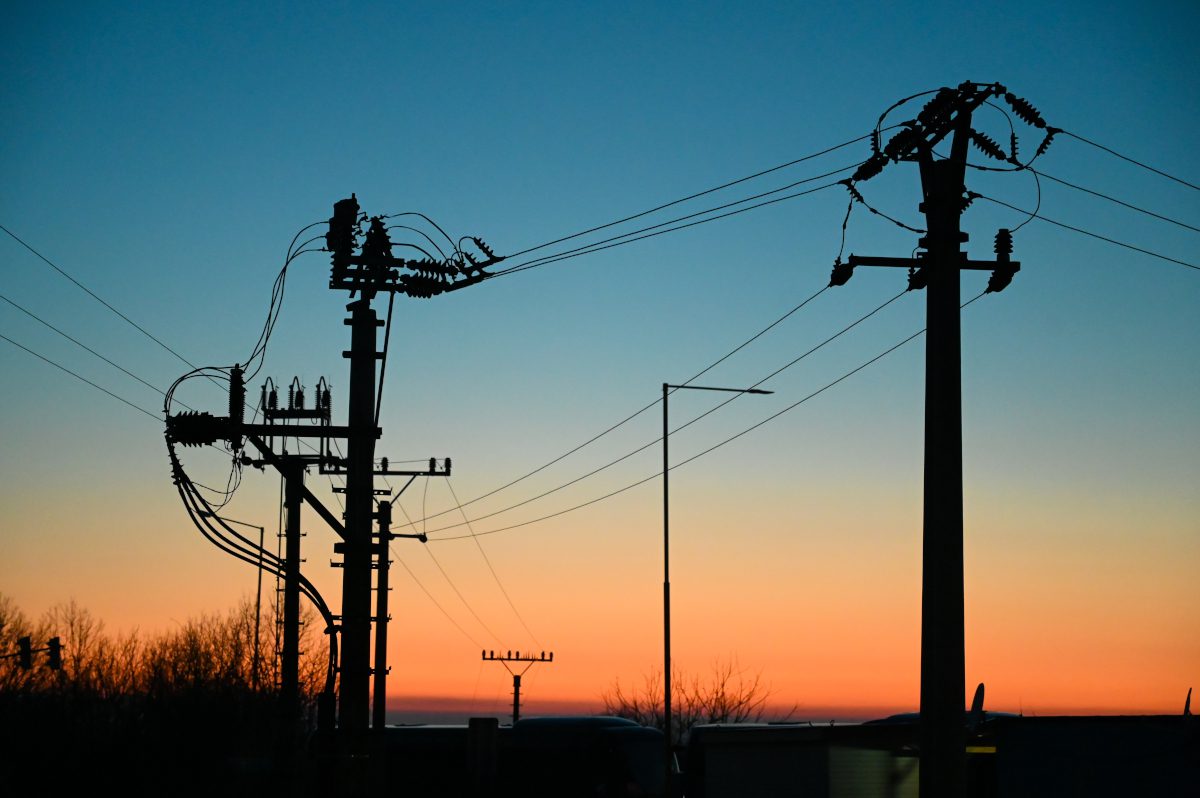
The World Benchmarking Alliance’s (WBA) latest Electric Utilities Benchmark,1 developed with CDP and assessing companies across Africa, Asia, Europe, the Middle East, North and Latin America, seems to show that while the sector is making important progress in the low-carbon energy transition, greater speed and scale is urgently needed to meet global climate goals.
As policymakers and leaders around the world prepare for pivotal climate discussions at COP28, the sector must seize the momentum to create more renewable energy, enabling other sectors to decarbonise, and shifting demand away from fossil fuels.
The share of wind and solar generation across the 68 companies assessed almost doubled to 7% between 2017 and 2022. If companies were to continue on this trajectory, they would produce seven times more solar by 2030 – surpassing the International Energy Agency’s Net Zero Emissions growth requirements.
There are small indications of change. Of the 60 assessed companies that generated coal-fired power over the last five years, 65% burned less coal in 2022 than they did in 2017, and two companies, Iberdrola and SSE, have already phased out coal entirely.
However only 26 companies have plans to phase out coal – which significantly hampers international efforts to limit global warming to 1.5 degrees.
Vicky Sins, Decarbonisation and Energy Transformation Lead, said: “We cannot keep 1.5 alive without the electric utilities sector moving more quickly away from polluting fossil fuels to renewable energy. These companies have a huge opportunity to lead the way. But despite promising progress, too few companies are investing in technologies and building the grid flexibility needed to ramp up renewables and retire fossil fuels.”
“COP28 is our opportunity to hold the electric utilities sector accountable for a faster energy transition. Companies around the world who make and distribute electricity must seize the unprecedented opportunity to make our systems better and cleaner, and to ensure their operations are fit for the future.”
Companies are not focusing on the energy storage and demand management required to ensure that renewables grow at the necessary pace and scale. Less than half of the assessed businesses currently have or are investing in storage capacity, and just 31% are currently building new or additional storage capacity, and/or shared plans to grow their storage capacity.
Amir Sokolowski, Global Director, Climate, CDP, said: “Our assessment of key companies from this highly influential sector gives us both a need to act and a reason to be hopeful. COP28 will present the first global stocktake and will be a key moment to drive ambition to address the dwindling carbon budget. The progress from this sector, despite being limited, serves as a reminder that there is an alternative to fossil fuels that will enable companies to achieve a net-zero transition.
“The technology and capital exist but it must be scaled across the sector to increase the generation of renewable energy and underpin credible transition plans. We can’t be complacent, this assessment highlights that companies must still set more ambitious targets, reduce reliance on fossil fuels and increase generation of renewable energy .
The best performing companies across the benchmark were Ørsted (headquartered in Denmark), Energias de Portugal (headquartered in Portugal), and Enel (headquartered in Italy). All of the top 10 performing companies are based in Europe, though the research identified a significant gap between the top three companies and the rest.
As well as assessing the performance and plans of major electric utilities companies, WBA assessed a snapshot of 11 capital goods companies – such as General Electric, Siemens Gamesa and First Solar – who play an important role as enablers to the energy sector.
The International Energy Agency recently highlighted that the world is on an “unstoppable” shift towards renewable energy.[1] Companies who fail to plan for this will be left behind and their failure to adapt will impact their future operations and results. Companies must understand the skills gaps and employment dislocation that may emerge from the low carbon transition.
The top performing company on just transition indicators, SSE, scored only 12.5 out of 20, and the average score across the sector is just 3 out of 20. Companies must do more to respect the rights and roles of their workers as their operations change. Engaging with workers, to understand what a just transition means for them, and committing to creating green jobs while reskilling and upskilling workers, are critical steps for businesses across the sector. Beyond respect for workers, a just transition rests on a foundation of respect for human rights, which is further expanded upon in the newly launched Renewable Energy Benchmark by BHRRC.
Electric utilities is the sole sector, among those assessed in WBA’s Climate and Energy Benchmarks, developed with CDP – including oil and gas companies – to have met all “Just Transition” indicators to date. This highlights its potential for leadership in the energy sector. Good practice is already happening, including companies setting time-bound, measurable targets limiting the social impacts, and working to close the social protection gaps that emerge as their businesses decarbonise.
Notes
[1] To see the full methodology visit https://www.worldbenchmarkingalliance.org/publication/electric-utilities/methodology/








